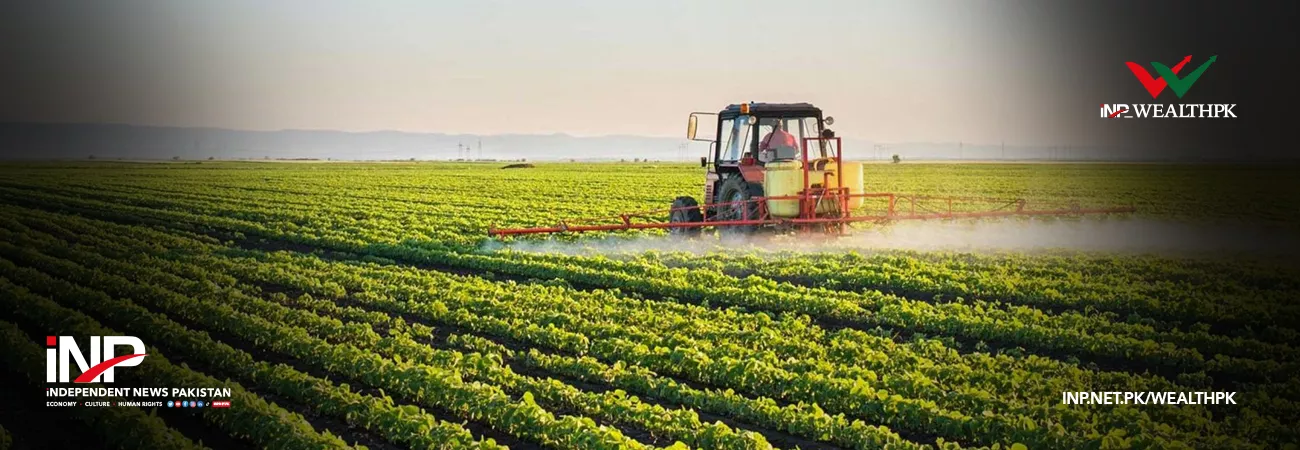INP-WealthPk
Reducing the government's footprint in wheat and other crop markets to encourage a market-based allocation of resources will help improve agricultural productivity. A reduced government footprint in wheat markets will also induce more farmers to diversify into other crops which are becoming increasingly relevant in the consumption basket of Pakistani households, said a World Bank Report titled "From swimming in sand to high and sustainable growth in Pakistan" available with WealthPK.
The report recommended the Government of Pakistan to maintain a security stock comprising a fraction of national consumption, as it is done in other countries in the region, such as Bangladesh. It added that food security was a valid policy priority that did not require the current wheat procurement system.
In addition to the security stock, a strategic reserves management system should be in place, and equipped with modern bulk storage infrastructure, early warning systems, market information, a food security fund and policy flexibility to ensure trade policies facilitate the smoothing of reserves in case of need through importing or exporting, said the report.
The provincial agriculture departments could promote alternatives for wheat planting areas that show very low productivity to support farmers in moving into alternative crops, such as oilseeds, pulses and fodder, or fruits and vegetables when closer to markets. In Sindh, for example, the share of household expenditure on high value food products is increasing, while there has been a decrease in the consumption of cereals and other crops (including sugar) over the past two decades.
However, the agri-food system has not responded to these changing consumption patterns and the demand for pulses, rapeseed, mustard and other water-thrifty, high-value crops is being met through imports, despite the suitability of local agro-climatic conditions, and the shorter durations and lower water requirements.
Pakistan is spending US$3.0–3.5 billion on importing oil seeds and US$0.7 billion on importing pulses annually. Pakistan is paying the opportunity cost of forgone economic productivity and water conservation in scarce foreign exchange. The report also suggested gradually reducing the government footprint in the sugar and wheat sub-sectors, increasing competition in the sugar sub-sector, and removing import protection, export subsidies, minimum prices, and licensing restrictions for new millers.
It added that the licensing requirements for millers lead to an oligopsony, reducing welfare for consumers and farmers. More fundamentally, interventions introduce distortions to the efficient allocation of land and equipment, which could be deployed for higher-productivity crops, and thus rationalize water use and contribute to climate resilience.
Credit: Independent News Pakistan-WealthPk




